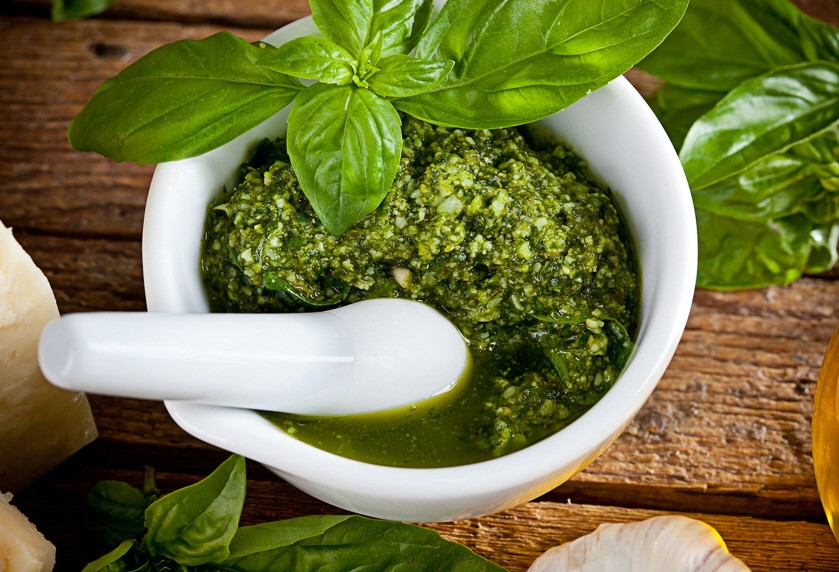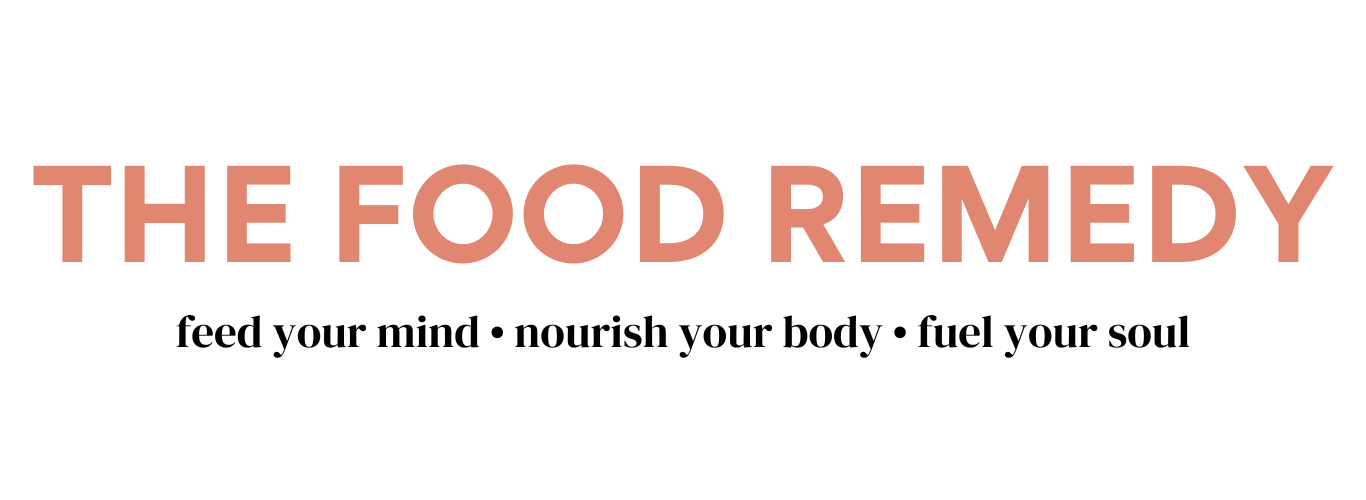I was really excited about watching The Food Hospital that was on Channel 4 last night. The food Hospital examined the science behind using food as medicine.
I think it is brilliant that the media is exposing and educating people of the therapeutic uses of food, and how through making changed to your diet you can help your body heal itself.
This theory is however nothing new, Hippocrates is considered the father of Western Medicine and lived from 460 BC to 377 BC. Some of his sage advice included, "Let food be thy medicine & let thy medicine be food."
Yet all too often we simply want as easy fix, we want to pop a pill for our ailment without giving our bodies a chance to correct the issue through proper diet and exercise.
Here are my thought on the programme,
Twenty-four year old Lauren suffers from PolyCystic Ovary Syndrome (PCOS), a disease caused partly by high testosterone, which leads to cysts on the ovary, weight gain (Lauren was 19 stone at the start of the experiment), bad acne and hairiness. Lauren told The Food Hospital “I don’t feel very feminine having to shave my face”, who hadn’t been to the doctor for six years. Laura stated that she hardly ever went out, suffered from bulling in school and believed that people stare at her in the street.
The Food Hospital prescribed a 12-week diet of fruit and vegetables, pulses (chickpeas, kidney beans etc) and wholegrain rice, bread and pasta. After the 12 weeks she had lost 10 kgs which is 22lbs, her confidence had improved dramatically and she felt confident enough to go swimming which was a complete turnaround from not wanting to go out at all. I thought they handled this case really well and although at the end of the twelve weeks she still had high levels of testosterone which needed further tests.
Next The Food Hospital treated a Chris a 44 year old, who weighed in at 21-stone and was suffering from Type 2 diabetes. The diabetes had already caused him to be circumcised, but not even the surgery had been reason enough for him to change his dietary patterns or behaviour.
Prior to attending The Food Hospital he was consume up to 8,000 calories a day. The Food Hospital deemed his case so urgent they put him on three meal replacements a day (800 calories in total) to get his weight down as quickly as possible. He lost two and a half stone in six weeks and high blood sugar went from 8.5 to an acceptable 3.9.
I was disappointed that ‘The FOOD Hospital’ didn’t prescribe FOOD, a low glycemic load diet could have had him achieving fantastic results whilst eating real foods. The key to the success of this diet is in my belief down to the fact that it is extremely low GL (glycemic load). Meal replacement diets are not sustainable long term, and for someone who needed to overhall there lifestyle not just for the six weeks he was filmed but for life, I think it would have been more beneficial to educate him on the glycemic load diet and example of this would be zest4life or the Holdford diet. This type of diet is sustainable long term and is proven to stabilise blood sugar. I believe that The Food Hospital were irresponsible to document meal replacement diet in such a positive manner. I would have liked to have heard what the dietician thought about this.
Third up was 25 year old twin Kristin and Maren. Kristin was diagnosed with breast cancer, unfortunately the cancer had already spread to her spine by time she had her diagnosis. Kristin had chemotherapy, radiotherapy and a mastectomy and had also been done her own research in to how food affects breast cancer.
The Food Hospital studied the sisters’ diet and looked the items they’d removed such as dairy and meat, and adding in soya. Lucy the Dietician stated there’s currently no scientific evidence linking dairy to breast cancer.
However research continually shows the less dairy a country consumes the less is the incidence of cancer, of course this is not scientific enough for conventional western medicine, and they are keen to point out that correlation doesn’t necessarily mean causation. However when presented with such an illness would you be prepared to experiment with something that could promote or feed cancer? They also didn’t discuss the research on soya milk, Soya also falls into a category of foods known as goitrogens – these are foods that promote formation of goiter -- an enlarged thyroid. Soya can slow thyroid function, and in some cases, trigger thyroid disease I found it disappointing that this wasn’t mentioned and found they didn’t really advise her either way.
The last case study was Harvey was seven years old and had been suffering for migraines for three years; he has been prescribed medication which had become less effective in dealing with the migraines. Children often find it hard to articulate their feelings at The Food Hospital they looked at pictures Harvey has been drawing which showed pictures of him with his head chopped off, which highlighted the distress he seemed to be feeling.
He was put on an ‘amine’ free diet which meant excluding milk, citrus fruit or dried fruit, peanuts, chocolate, processed meat, also his diet was to be free from chemical additives. He was also given supplements of B2, magnesium and CoQ10. The media often state that supplements are a waste of money and you can get all the nutrients you need from a well-balanced diet. However no-one has yet come up with a weekly diet that hits all the required nutrients needed for optimal health, I could talk about this for an age so perhaps I better do a separate blog on supplements!! Research has shown positive results regarding supplementation of B2 in relation to migraines, ‘therapeutic’ doses which is considerably above what you could consume from food on a daily basis. Research also shows that B3, niacin, and 5-HTP could help migraine sufferers.
The dietary changes were made over the summer holidays and interesting after the school holidays were over, he went back to school and had school meals the migraines returned, however when Harvey went back to the plan they disappeared again.
Harvey’s story was a clear example of how food can be medicinal. The results with medication were not as successful as dietary influences. In my clinical experience dairy intolerances or in extreme cases allergies often go undiagnosed and this is an extremely common cause of migraines.
Overall I believe The Food Hospital is a step in the right direction. There is a lot of scepticism about treating particular illnesses with and through diet manipulation, especially among health professionals. I honestly hope that the series will help dispel some myths and open up people’s eyes and minds about the incredible power of food.
 Do you want to boost your immune system?
Boost your metabolism?
Eat to be happy?
Then this pesto is just what you need! Rich in essential fatty acids, protein and antioxidants and it also contains plenty of immune boosting antioxidants.
2 Tbsp of walnuts
2 Tbsp of pine nuts
40g (1/4 cup) grated Parmesan cheese
25g (1/2 cup) fresh basil
2 garlic cloves
115ml (1/2 cup) extra virgin olive oil
Put all ingredients in a food processor and blend until a smooth pesto paste.
Do you want to boost your immune system?
Boost your metabolism?
Eat to be happy?
Then this pesto is just what you need! Rich in essential fatty acids, protein and antioxidants and it also contains plenty of immune boosting antioxidants.
2 Tbsp of walnuts
2 Tbsp of pine nuts
40g (1/4 cup) grated Parmesan cheese
25g (1/2 cup) fresh basil
2 garlic cloves
115ml (1/2 cup) extra virgin olive oil
Put all ingredients in a food processor and blend until a smooth pesto paste.

